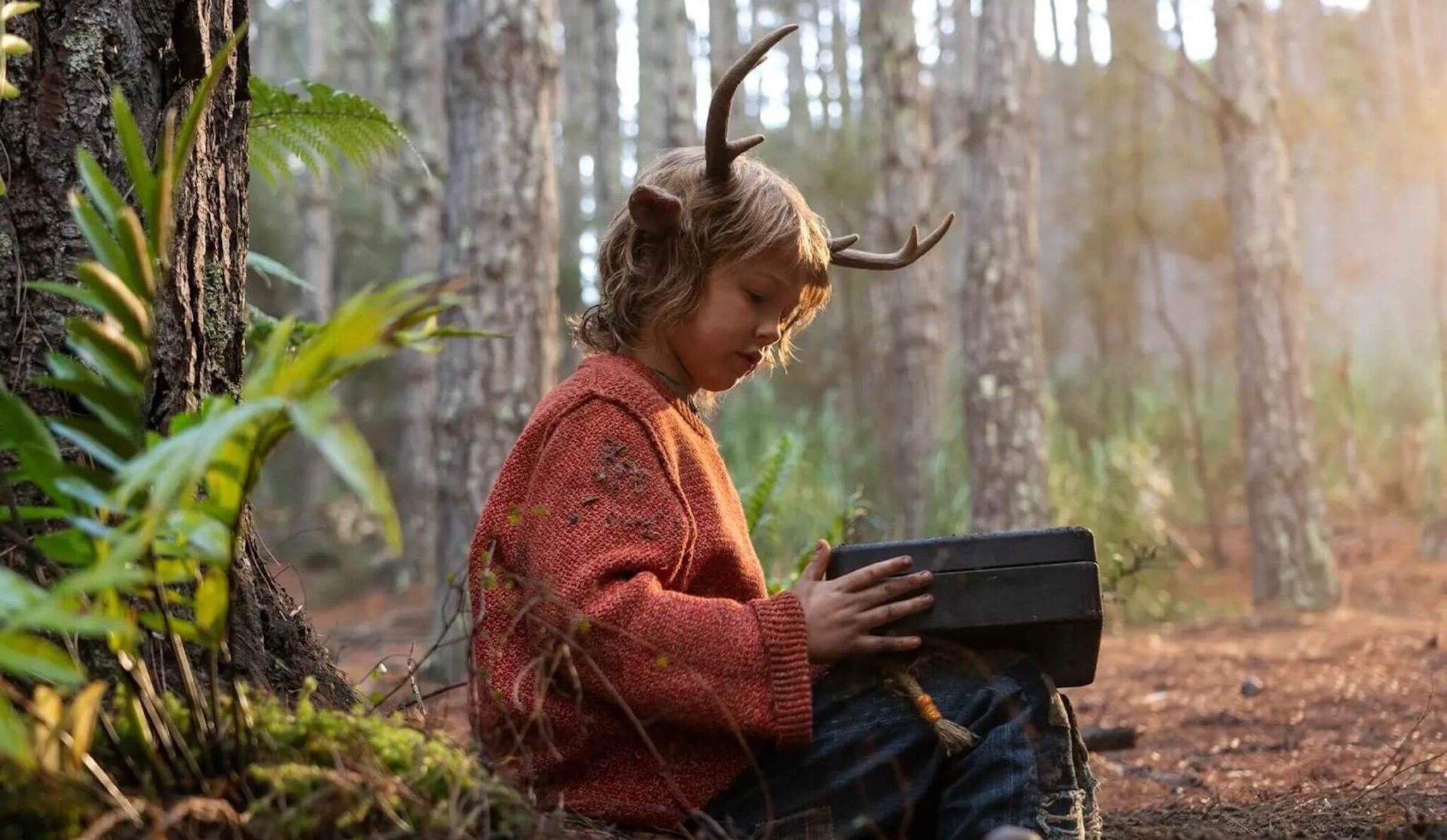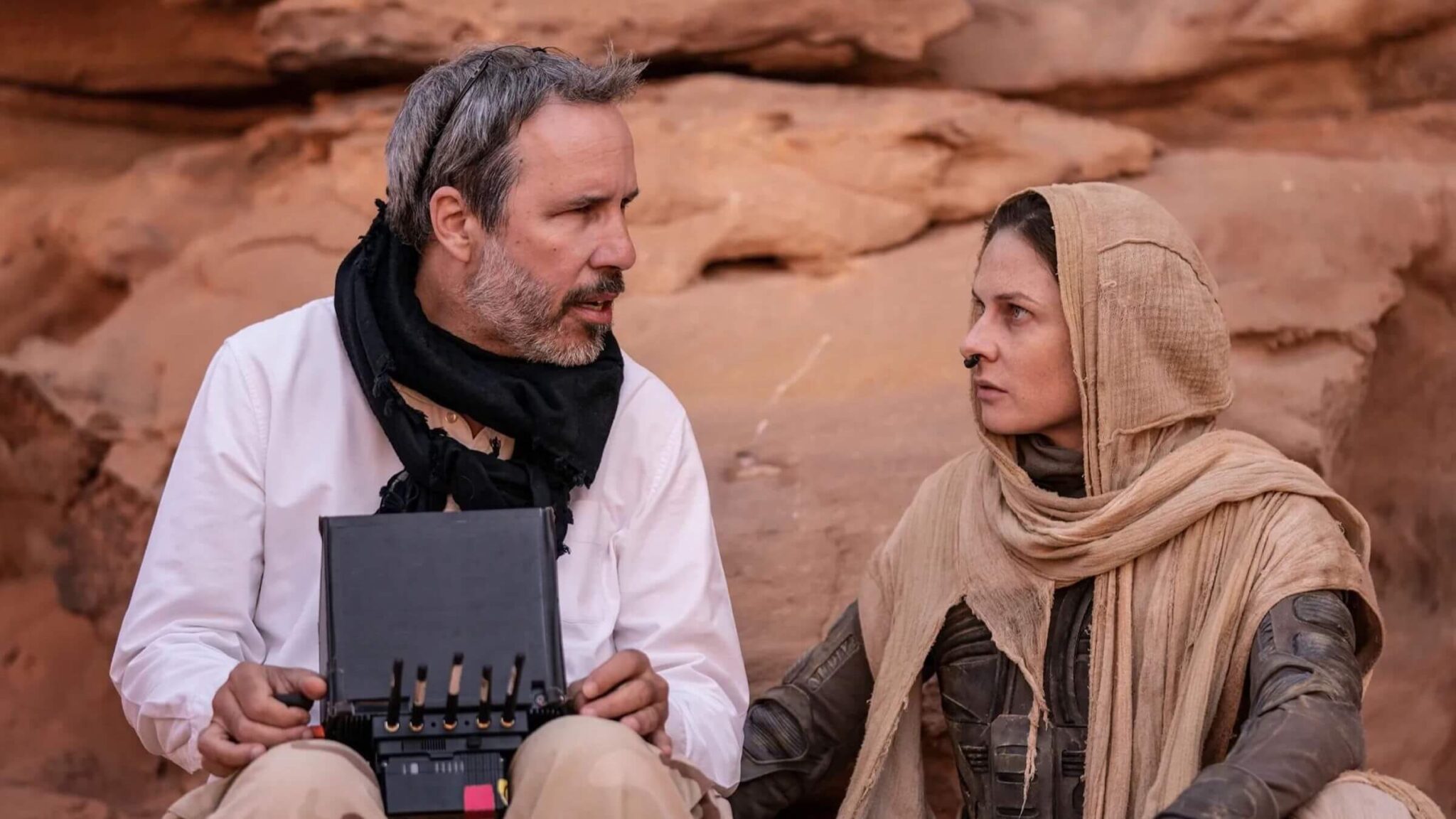
What can writers do to find those engaging story concepts for feature film scripts and television series pilots?
"Where did you get that idea from?"
That's the most common question screenwriters face, as well as the most common question they ask successful screenwriters, producers, and directors while staring up at the big screen or television watching something magical unfold before their eyes.
If you're looking for a spec script that will turn Hollywood heads in your direction, you need to find those fantastic story concepts and ideas.
But where do you go? Are these award-winning and box office-smashing screenwriters just conjuring these outstanding ideas out of nowhere? And if not, how are they finding these prospects?
Here are seven places writers can go to find those amazing story concepts for their screenplays.
1. At the Movies
This may seem counter-intuitive to most. You certainly don't want to steal other people's ideas or copy what has already been done successfully enough to warrant the movies you're watching.
But that's beside the point.
Watching movies injects story, character, and visual concepts into your creative mind. This isn't about copying what other writers are doing. It's about feeding your imagination to allow your brain to do most of the work for you.
For example, Deep Impact was a movie about a meteor that threatened Earth and its inhabitants. While that story has now been told time and time again, you can still watch this movie and seek out inspiration that leads you, the writer, to a whole different concept to explore.
During the end of the film, a piece of the original meteor has hit the ocean, causing an immense tsunami that eradicates much of the United States as we know it. Two characters desperately hold onto a baby as they climb a mountain, hoping to escape death as millions below them perish.
This visual offers a compelling concept to explore — sole survivors of a major flood must live and survive a newly formed world after the Earth's oceans have risen.
If you delete the meteor factor of the Deep Impact version and insert a Global Warming event or whatever concept you create, there's a compelling new idea to explore for a screenplay or television series. And that came from watching a movie.
So when you're searching for that next great concept, watch as many movies as you can. Take a month or more to ingest all kinds of movies. You'll find little moments, visuals, and concepts that the filmmakers never explored. You'll find character types that can be placed in other scenarios and genres.
Every artist's art informs the next. Every filmmaker's films inform the next. Every writer's stories and characters inform the next.
2. On the Television
Television — especially now with network, cable, and streaming channel options — currently has the most diverse and dynamic array of content that screenwriters can ingest.
Feature films are great, but television has hours upon hours and seasons upon seasons of characters, stories, plot points, obstacles, conflicts, twists, turns, revelations, and visuals for inspiration.
Go to Netflix, Hulu, Amazon Prime, HBO, Showtime, and every other streaming channel to binge shows.
Explore series that you've heard about but never got to. Step out of your regular box a bit and watch a series that you usually wouldn't choose on your own.
There is SO much content on network, cable, and streaming shows that you can be inspired by.
For example, let's say you watch the celebrated and haunting Hulu series The Handmaid's Tale, which is set in a dystopian future and tells the story of a woman forced to live as a concubine under a fundamentalist theocratic dictatorship. Perhaps that entices you to tell a story about aliens that have invaded Earth and taken over as humans are forced to live as concubines for their alien masters.
Learn how to master character names and movie titles with this free guide.
3. Documentaries and True Crime Podcasts
While feature films and television series can offer exceptional fictional options, there's nothing better than exploring true stories told through the eyes of documentary filmmakers and True Crime podcasters.
Again, we're not talking about taking the featured stories and making them your own. You can indeed seek out the story rights for great documentary subjects and true crime podcasts — which can be frustrating and costly — but the idea is to feed that creative mind of yours.
Documentaries often feature distinct worlds that you can place character types in. Or they feature specific character types that you can place into worlds you're exploring within your story.
If you've seen Peter Jackson's mesmerizing documentary They Shall Not Grow Old, perhaps you are visually inspired enough to take on a story set within that first World War?
If you've listened to any of the True Crime podcasts out there, which are very popular today, maybe that inspires you to write your own fictional tale of mystery and suspense?
Whatever the case may be, documentaries and True Crime podcasts offer unique worlds, character types, and situations that you can utilize for your feature script or TV pilot.
4. In Books
Whether it's a classic fictional tale or informative non-fiction subject, books are often an even better place to go to than movies and television. Why? A couple of reasons.
First off, they consist of more content with multiple pages, chapters, and installments (in the case of book series).
Secondly, the stories are told within the literary platform, which broadens your education on how to write. While books and screenplays are different mediums that follow different structure, character, and narrative directives, each of those mediums can educate the other in different ways.
While Stephen King can write a multi-character epic like The Stand, screenwriters can be inspired to look upon that world, those character types, and how King crafts those stories and find the most cinematic ways to tell similar types of stories. Instead of multiple characters dealing with the results of an epidemic that is ending the world, a screenwriter could focus on a smaller window of that broad scope to tell a similar post-apocalyptic tale.
Or if you're planning on writing a military-driven fictional tale meant for the big screen and want to know and understand the life of a soldier, you can read the Band of Brothers book, Generation Kill, or any other books that cover the subject well — all to inform the story that you want to tell.
5. Newspapers and Magazines
Some of the greatest cinematic tales came from the headlines.
Newspaper or magazine articles inspired Dog Day Afternoon, Saturday Night Fever, The Bling Ring, The Insider, American Gangster, Boogie Nights, Almost Famous, The Fast and the Furious, Adaptation, Top Gun, and so many other iconic films.

If you're not looking to dedicate time, efforts, and money to buy the rights of a story you find in newspapers or magazines, you can look to them for inspiration.
If you read an article about a gas leak that caused a destructive explosion in a suburban neighborhood, maybe you can conjure a concept that tells the story of a suburban husband that wants to cover up a crime of passion by creating the smokescreen of a gas leak that killed his wife.
Newspapers and magazines contain a wealth of knowledge and inspiration. If you still have a Barnes and Noble in your area, their magazine section is expansive. Even the local airport — or one you are traveling through — is a great place to go to find a copy of a newspaper or a vast selection of magazines that you can use for inspiration or story hunting.
6. News Broadcasts and Channels
While it may be difficult and stressful to watch the news these days, there's certainly plenty of material (sometimes scary, sometimes hilarious) to utilize in your own stories.
You can explore local broadcasts through local channels or head over to CNN and other news channels. You can even head over to the Weather Channel for some great topics and inspiring visuals for stories centered around natural disasters.
Perhaps that storm chasers show you caught on the Weather Channel can inspire a new take on the Public Domain's Wizard of Oz intellectual property that's available for all to adapt?
Check Out ScreenCraft's Free Download of 20 Public Domain Properties You Can Adapt for Free!
7. Your Life and the People You Know
Sometimes the most compelling and cathartic stories are those you see in your everyday life — or those you have some specific connection to.
You may have struggled through rough times and have a compelling story to share that audiences can relate to.
You may have a relative that fought in a war, survived a disaster, or accomplished something amazing in their life.
That amazing story concept you've been searching for may be looking straight at you in the mirror.
If you're still struggling, Read ScreenCraft's 101 Terrifying Horror Story Prompts and 101 “What If…” Story Writing Prompts to get your creative juices flowing!
Ken Miyamoto has worked in the film industry for nearly two decades, most notably as a studio liaison for Sony Studios and then as a script reader and story analyst for Sony Pictures.
He has many studio meetings under his belt as a produced screenwriter, meeting with the likes of Sony, Dreamworks, Universal, Disney, Warner Brothers, as well as many production and management companies. He has had a previous development deal with Lionsgate, as well as multiple writing assignments, including the produced miniseries Blackout, starring Anne Heche, Sean Patrick Flanery, Billy Zane, James Brolin, Haylie Duff, Brian Bloom, Eric La Salle, and Bruce Boxleitner. Follow Ken on Twitter @KenMovies
For all the latest ScreenCraft news and updates, follow us on Twitter, Facebook, and Instagram.
Tags
Get Our Screenwriting Newsletter!
Get weekly writing inspiration delivered to your inbox - including industry news, popular articles, and more!



























